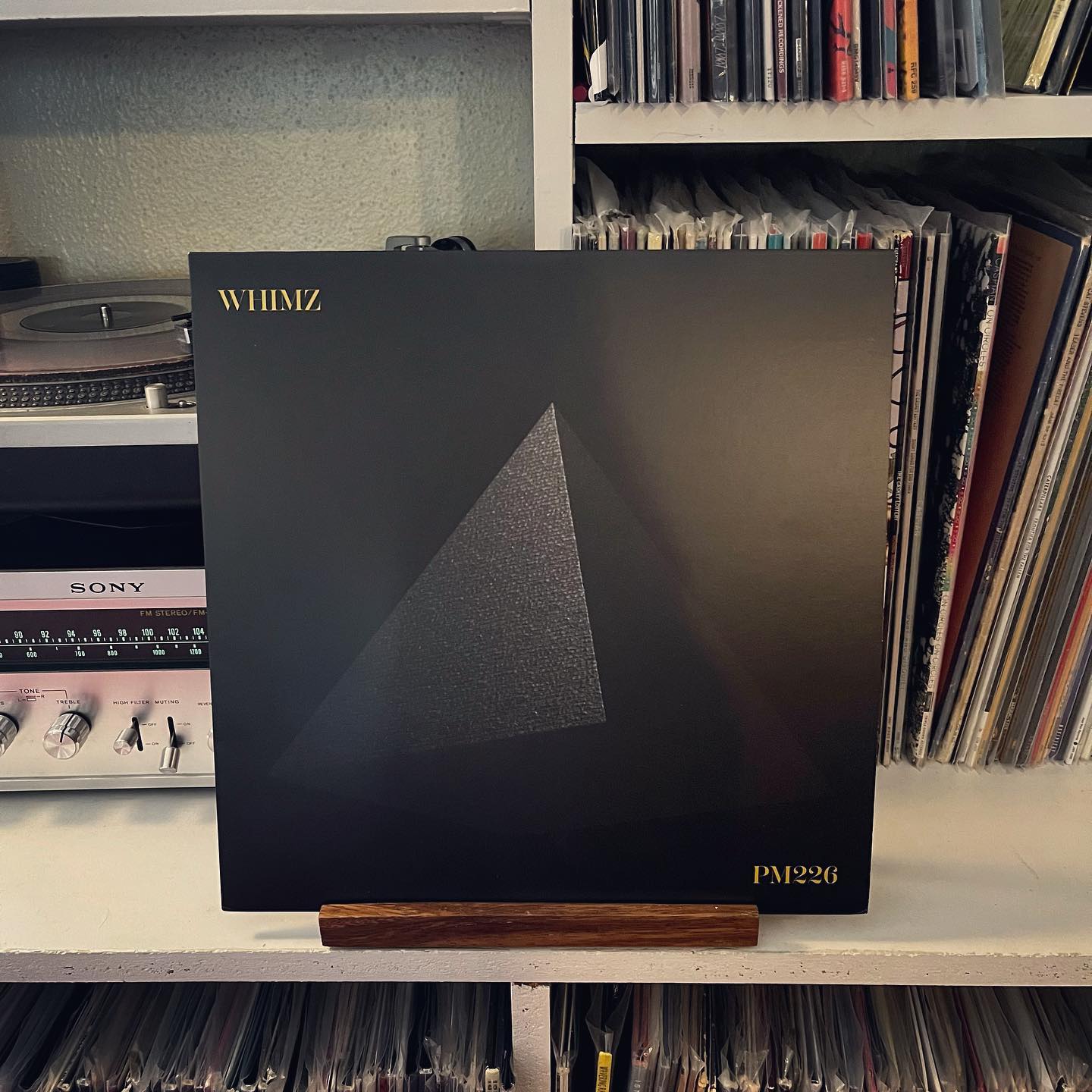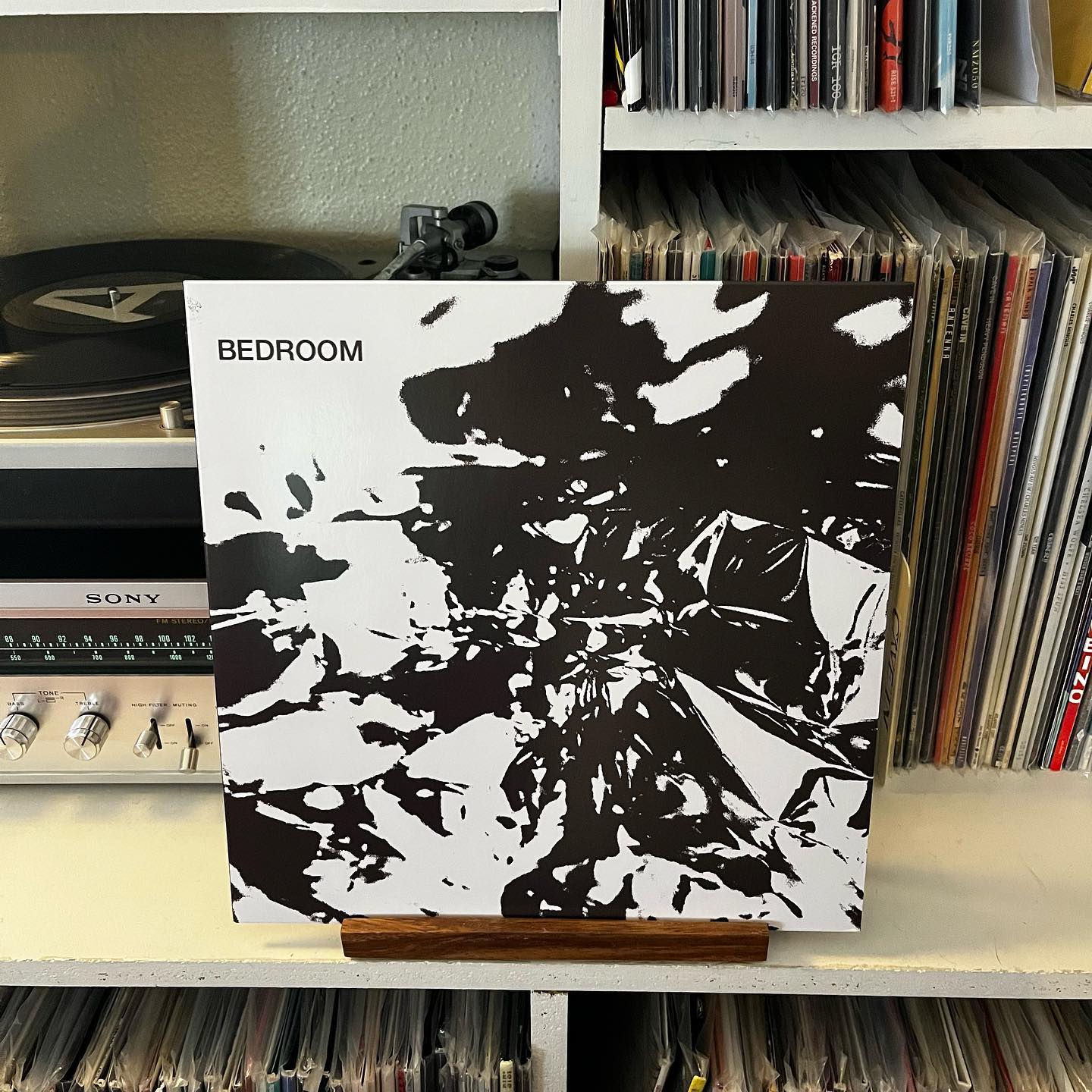
Any sort of appeal to nostalgia has a fair amount of revisionism. The real life nuance that marked an era is too detailed for contemporary acolytes to keep track of, so they opt instead for broad strokes and general shapes. The shoegaze revival of the last several years is especially guilty of this, whittling down the (actually quite diverse) scene of the late ’80s and early 90s into a few landmark albums and a couple combinations of effects pedals.
But when you’re studying Loveless and Souvlaki for inspiration, you might miss that shoegaze was initially an offshoot of post punk and goth, using a vibrant color palette of pinks and violets to fill in the gloomy, monochromatic sparseness of their antecedents.
You can make solid shoegaze without diving too deep into that history. But when a band looks to the same influences as the shoegaze heroes of old, something special happens.
For instance, Bedroom by the British outfit bdrmm, which captures the dreamy landscapes of shoegaze while exercising a simplicity that feels more Joy Division than My Bloody Valentine.
Continue reading →
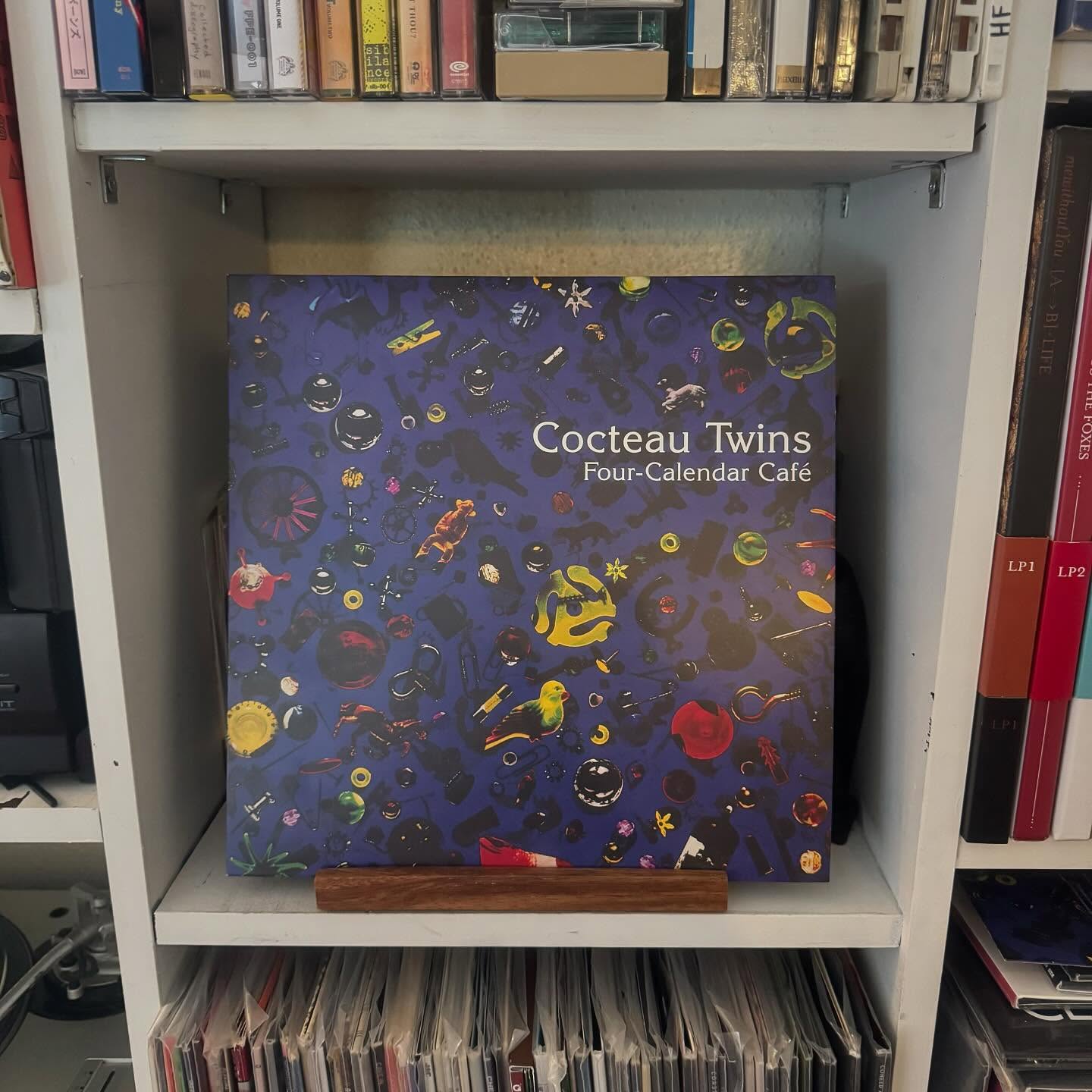
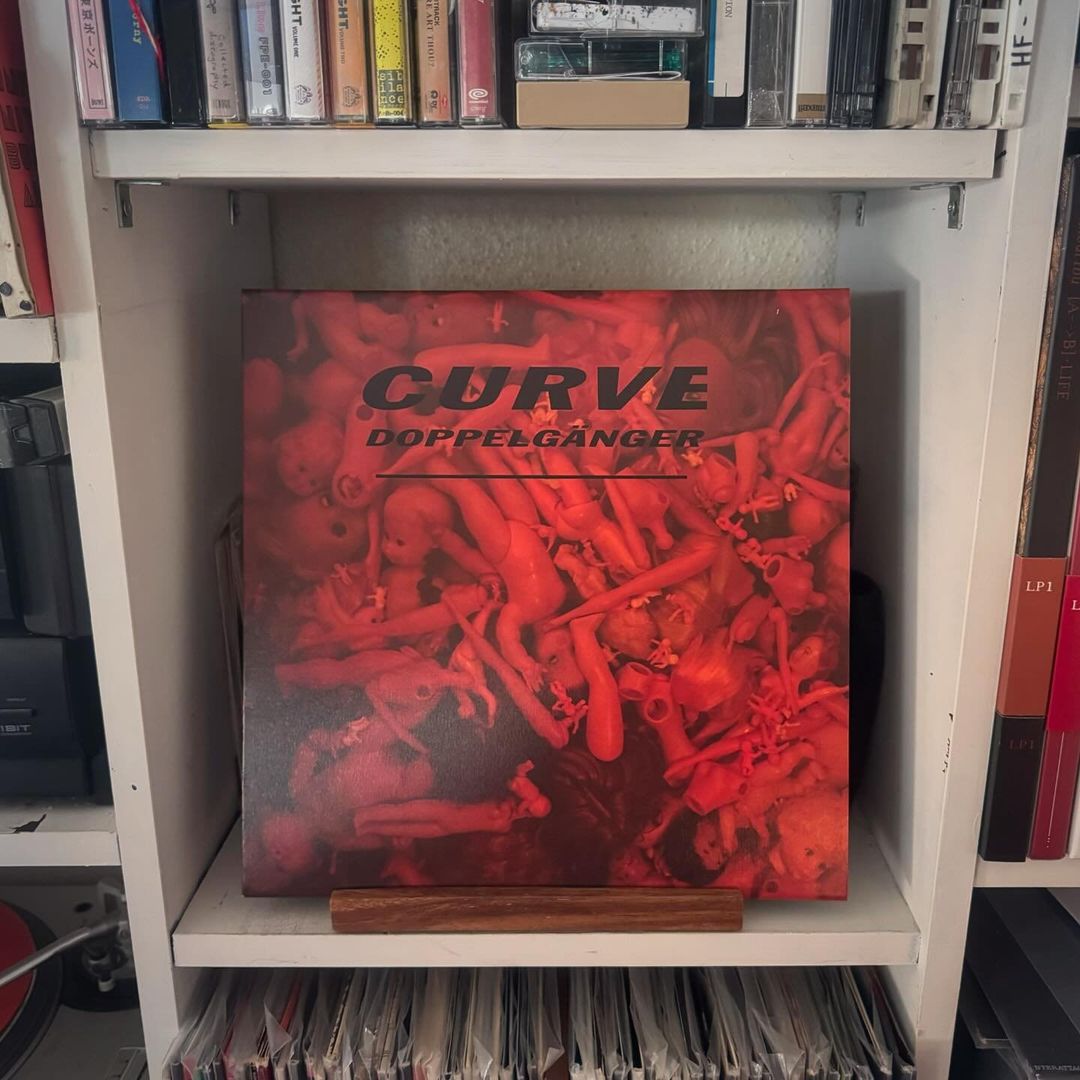
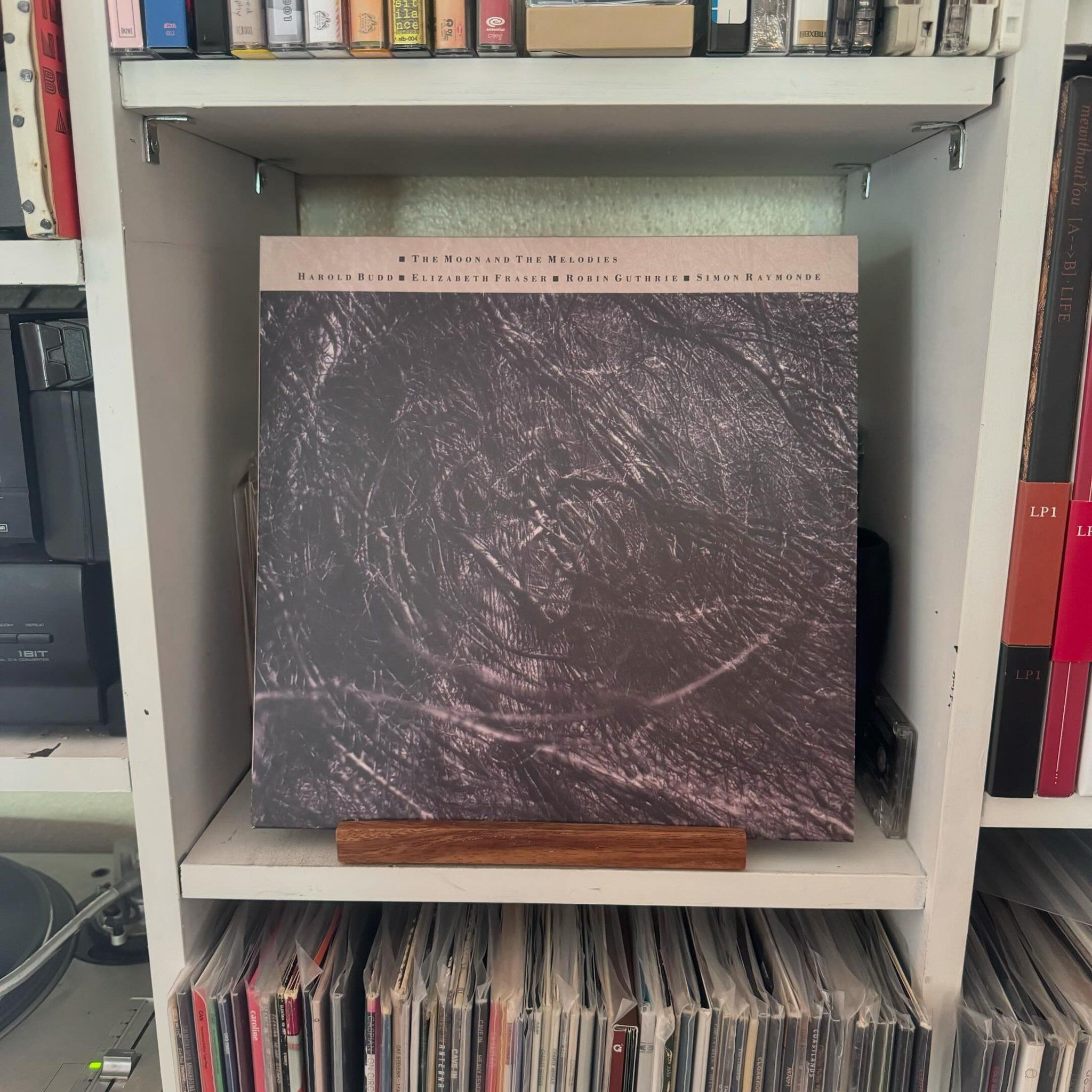
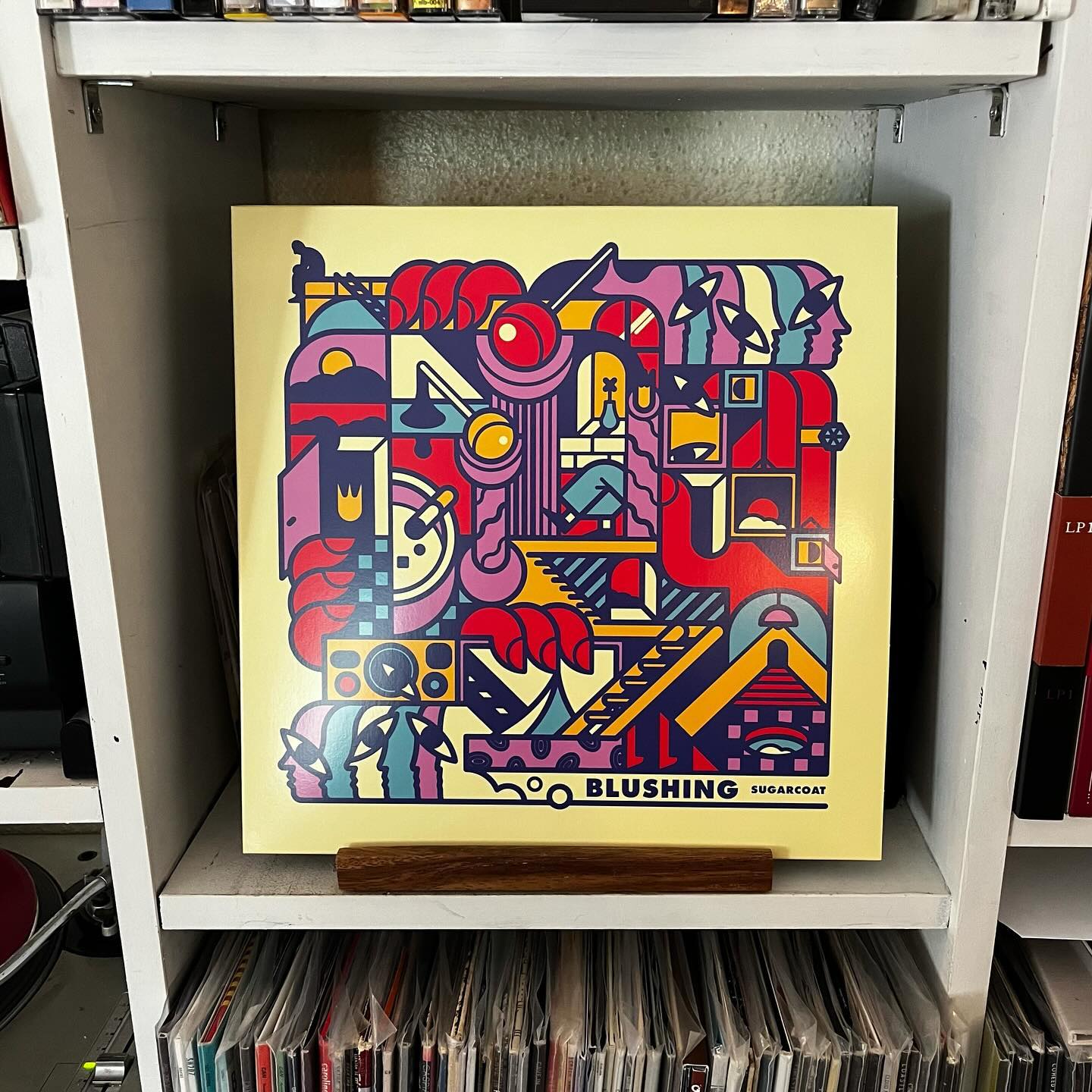


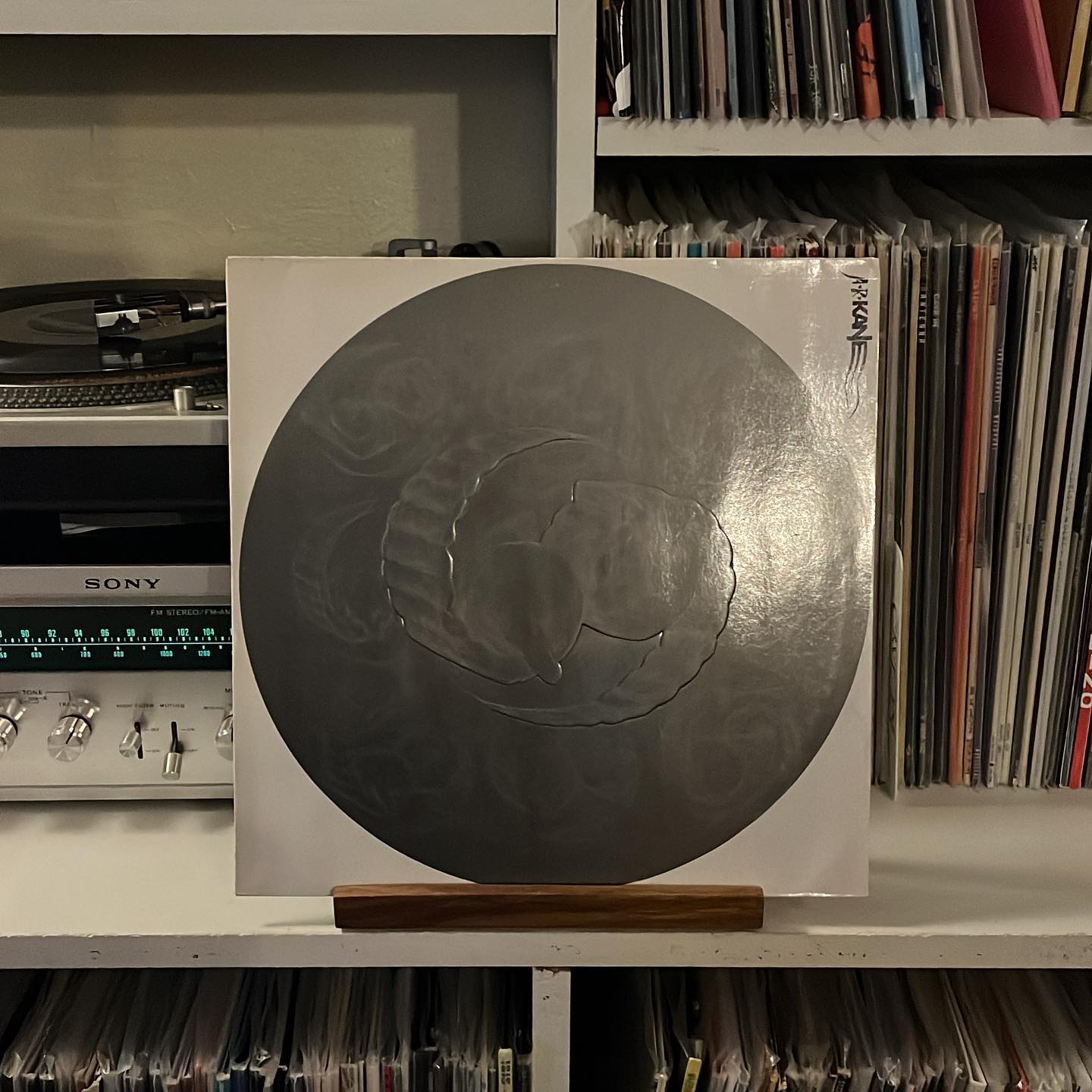
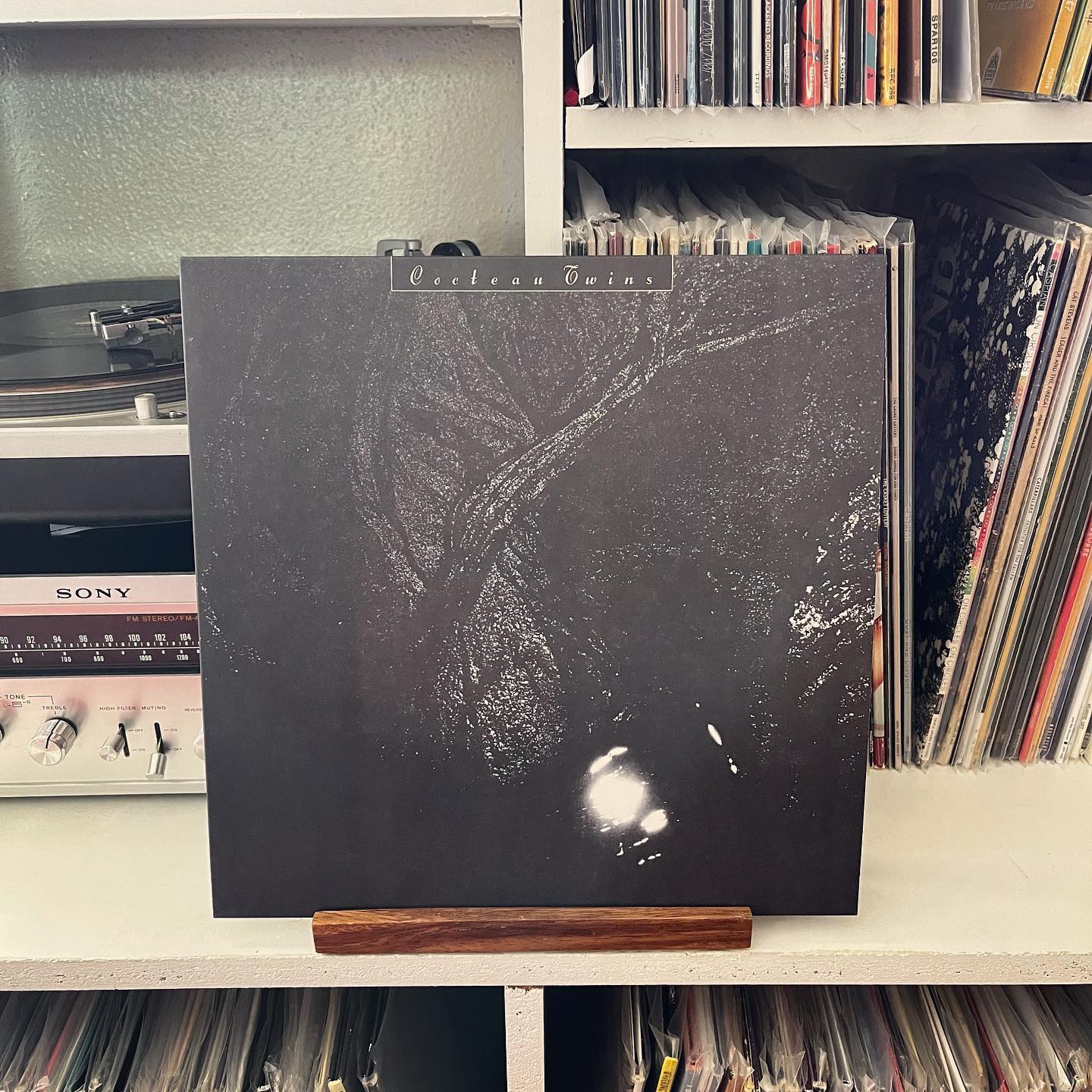 If I may allow
If I may allow 
